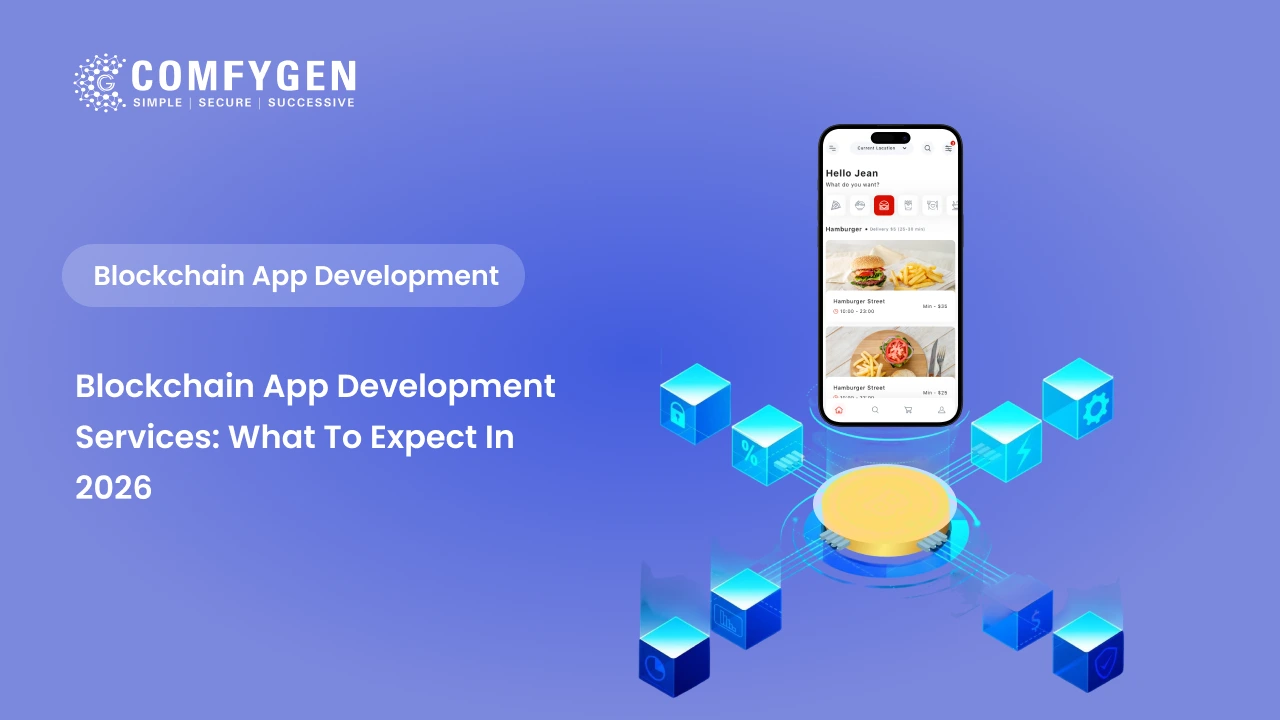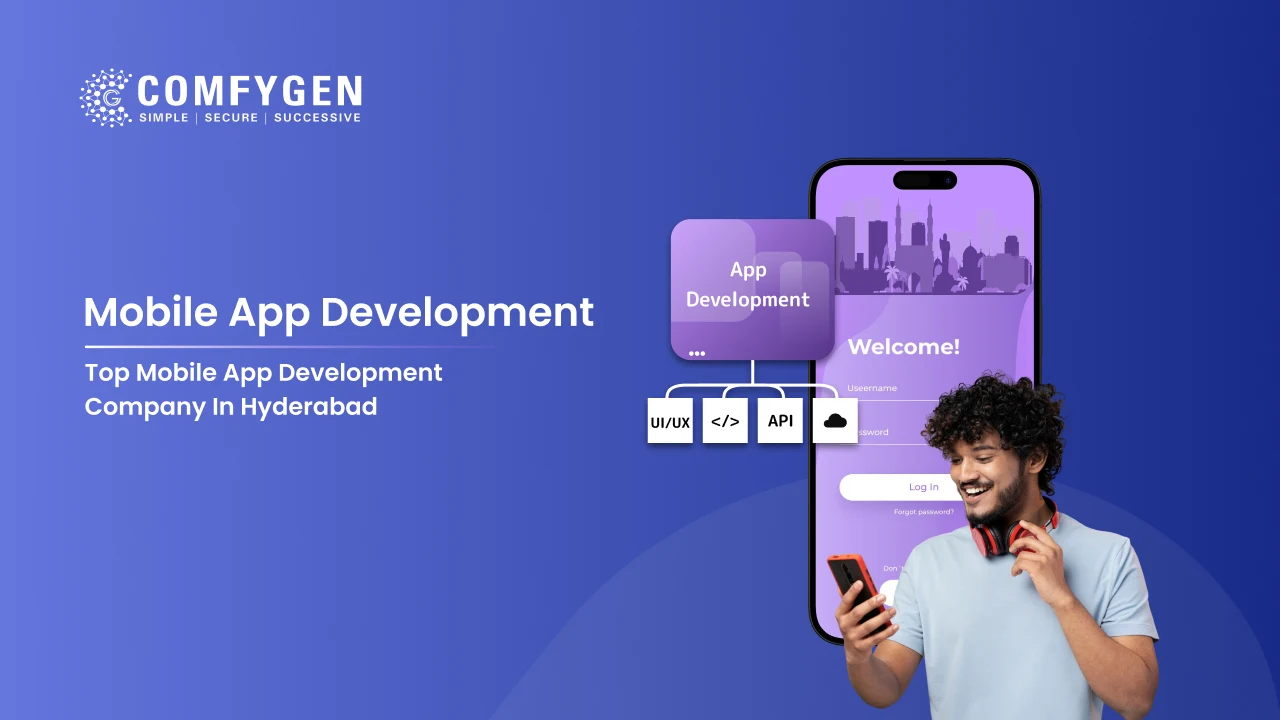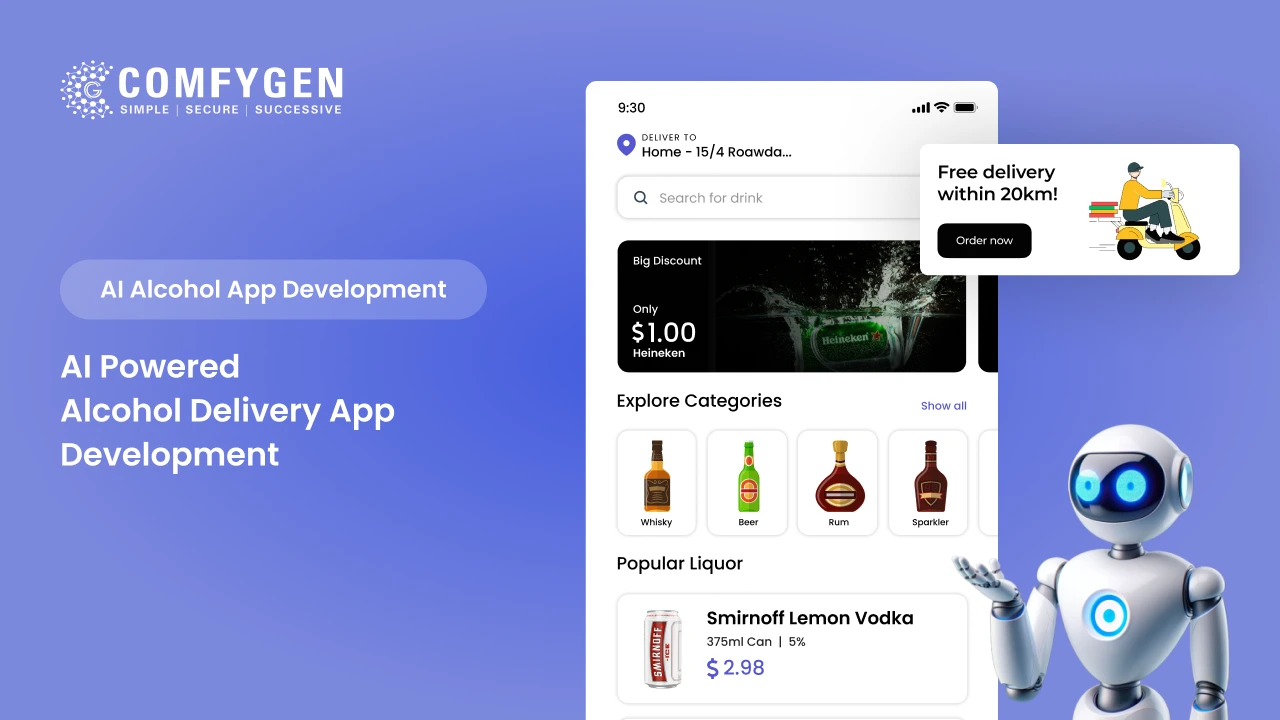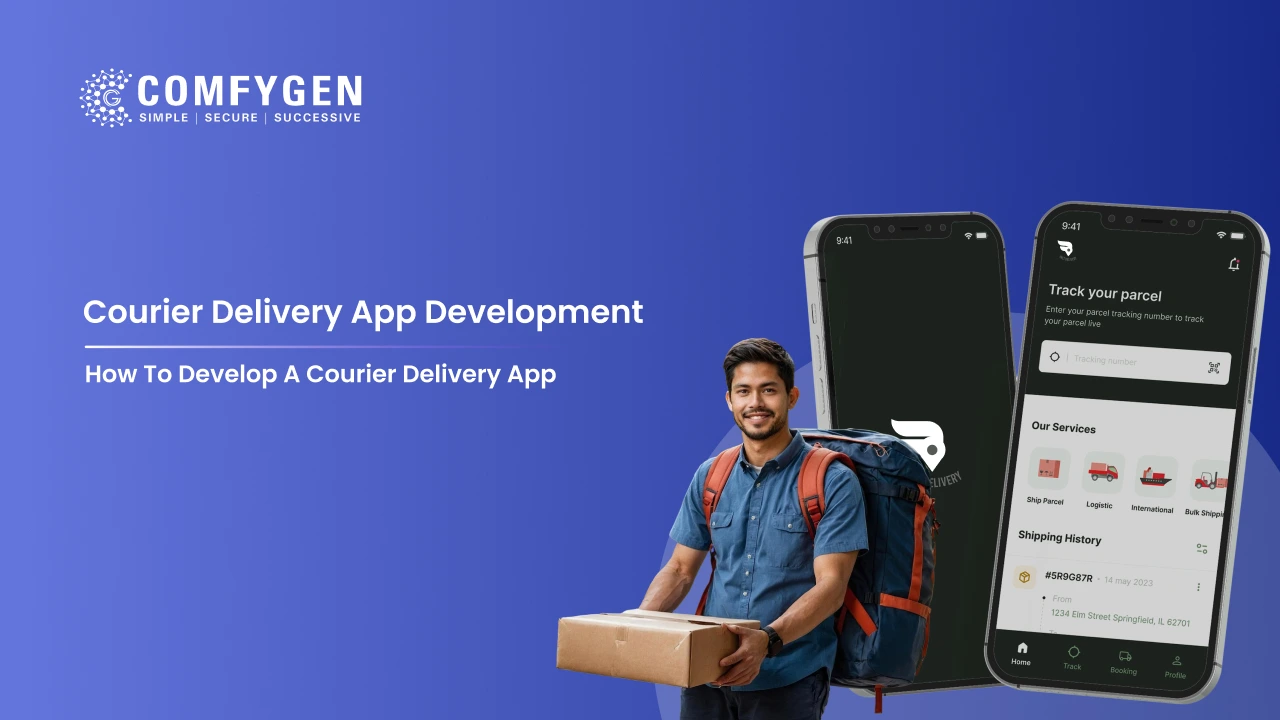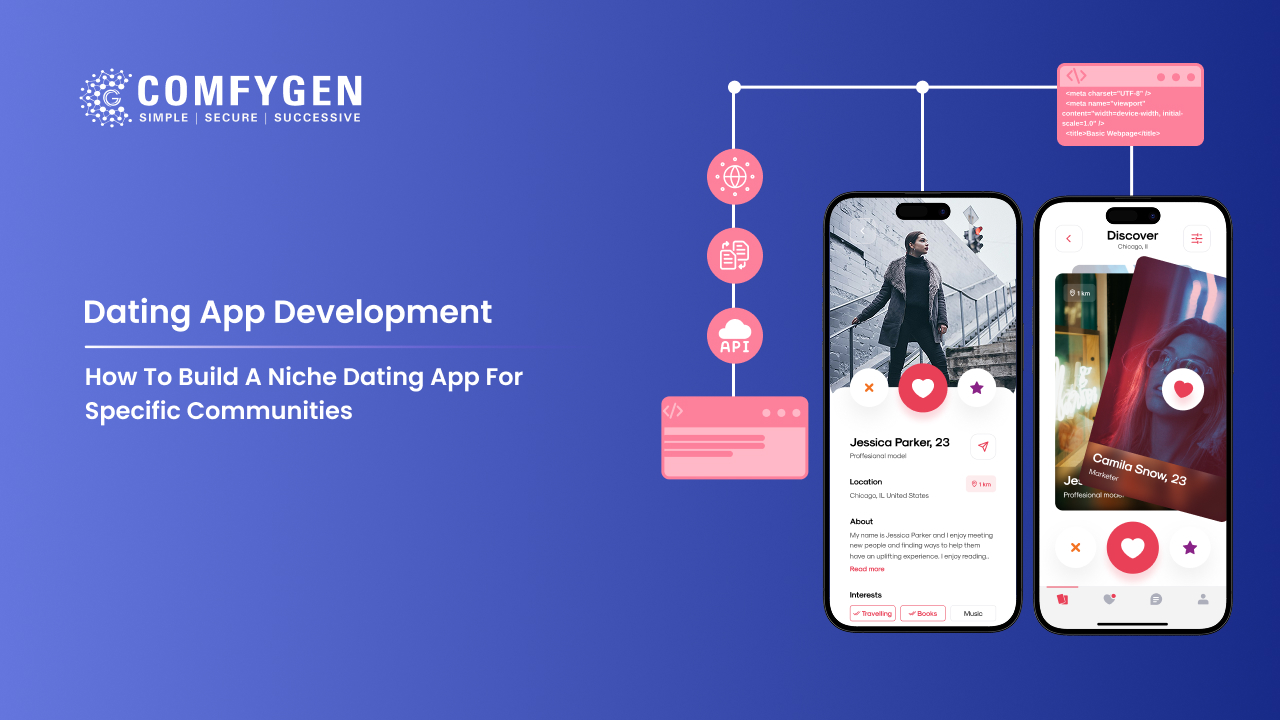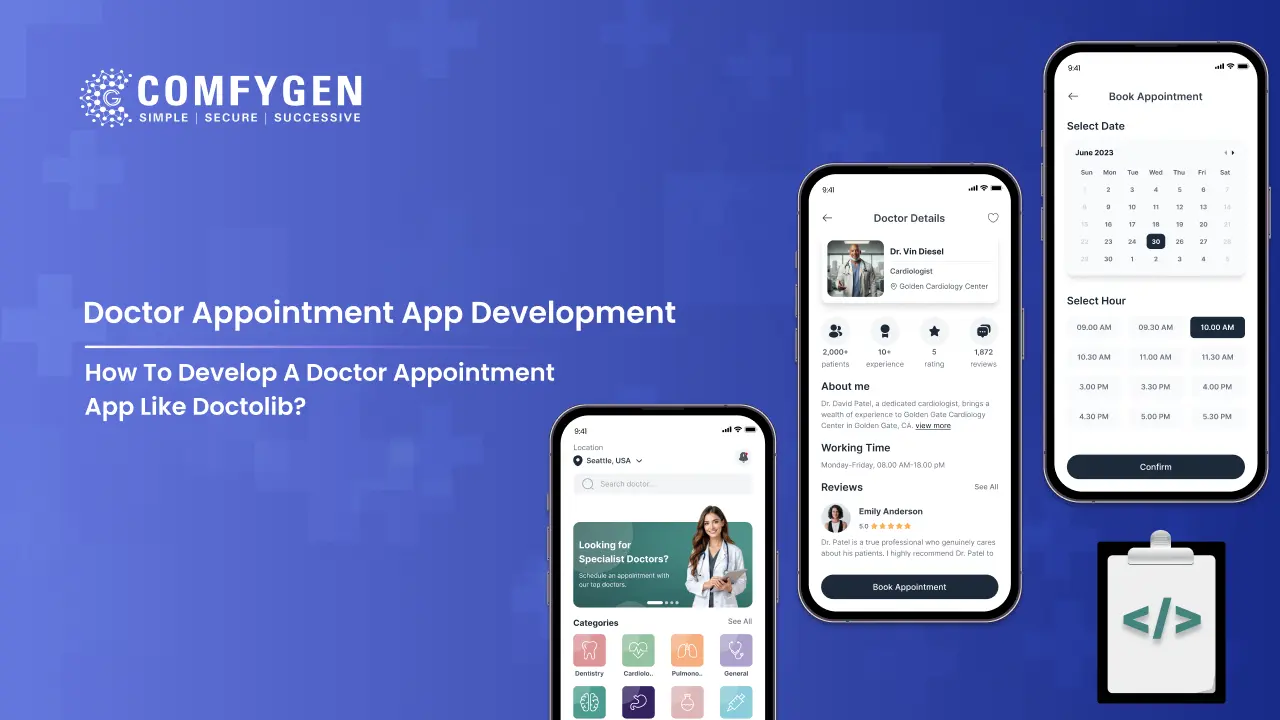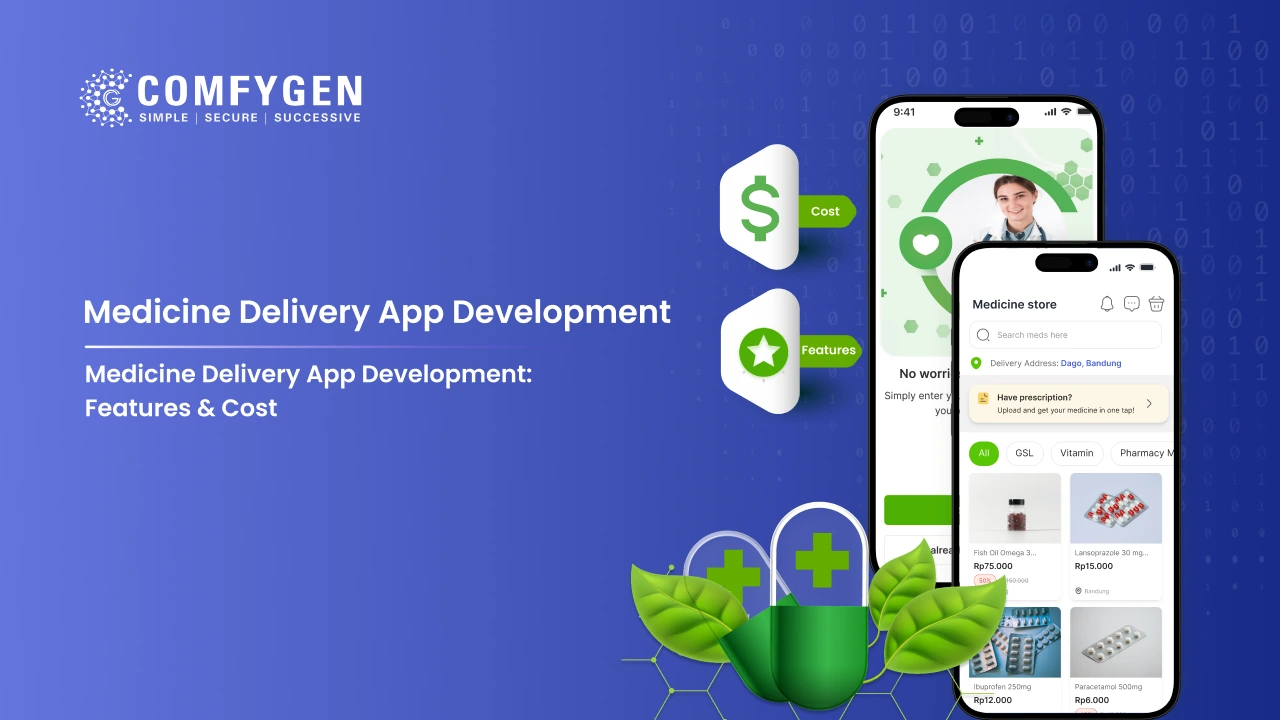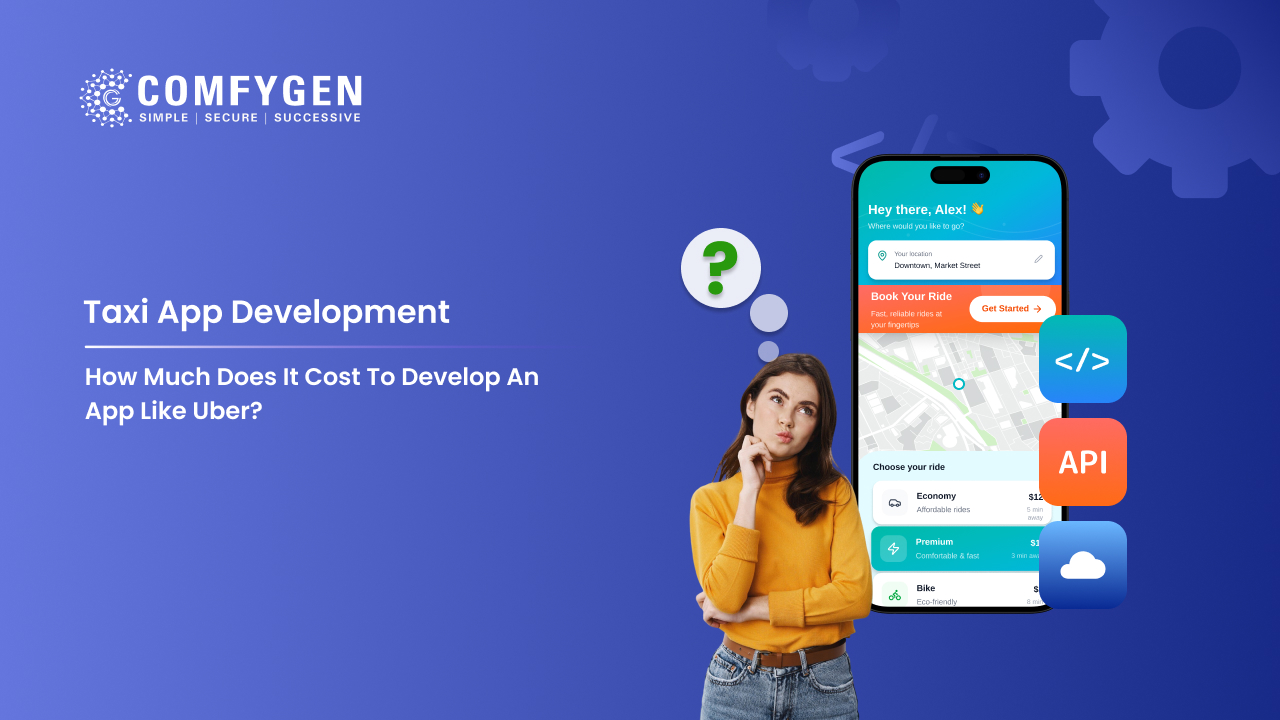Blockchain app development services are transforming businesses to build secure, transparent, and scalable digital ecosystems. That started with crypto wallets and token exchanges has now evolved into enterprise blockchain applications, driving innovation across finance, healthcare, logistics, gaming, and government sectors. In 2026, blockchain app development will no longer be about experimenting with technology. It will be about building decentralized blockchain solutions that deliver measurable business value.
In 2026, blockchain app developers are focusing on creating interoperable, AI-integrated, and IoT-ready blockchain solutions that automate workflows and enhance data integrity. These next-generation blockchain applications are not only used for recording transactions, but they will also allow real-time collaboration, data security, and data process transparency across industries
As we move toward 2026, enterprise blockchain development will become the foundation of digital transformation. Businesses adopting new blockchain technology can expect smarter contracts, decentralized identities, and cross-chain interoperability to become standard. The shift toward a decentralized internet means blockchain will be at the core of how organizations innovate, connect, and scale in the new digital economy.
The Core of Blockchain App Development Services
Blockchain app development services revolve around designing, building, and deploying decentralized applications (dApps) that run on secure, distributed networks. blockchain services cover the full application development lifecycle, from blockchain consulting and architecture design to smart contract development, UI/UX creation, testing, and deployment across platforms like Ethereum, Polygon, Solana, and Hyperledger.
Today’s blockchain app development isn’t limited to cryptocurrency development or token development. It also includes enterprise blockchain integration, supply chain management solutions, decentralized finance (DeFi) platforms, NFT marketplaces, identity verification systems, and cross-chain interoperability frameworks.
AI-driven blockchain development will soon become the new standard. By 2026, expect blockchain app developers to rely on autonomous coding assistants, low-code platforms, and intelligent smart contract frameworks to deliver faster, safer, and more cost-effective blockchain solutions.
Key Trends Shaping Blockchain App Development in 2026
In 2026, Blockchain app development will combine advanced technologies and market demands for speed, transparency, and scalability. The industry is evolving fast, and the next generation of blockchain app development services will look very different from what we know today. Here’s what’s leading the change.
1. Integration with AI, IoT, and Cloud Ecosystems
The convergence of AI, IoT, and blockchain is set to redefine how decentralized apps operate. AI enhances decision-making and predictive analytics within blockchain networks, while IoT devices feed real-time data into smart contracts. This integration enables smarter, self-executing systems for industries like logistics, healthcare, and manufacturing. At the same time, cloud-based blockchain infrastructure is enhancing scalability and storage efficiency, allowing developers to build powerful enterprise blockchain applications.
2. Rise of Layer 2 Solutions and Cross-Chain Apps
Scalability is the biggest challenge in blockchain development, but Layer 2 Blockchain scaling solutions, that Optimistic Rollups, zk-Rollups, and sidechains, are changing that. They allow faster transactions and lower gas fees without compromising network security. Expect most blockchain apps to operate across multiple chains through cross-chain interoperability, connecting ecosystems like Ethereum, Binance Smart Chain, and Polygon. This will give businesses more flexibility and users a seamless experience across decentralized platforms.
3. Growth of Zero-Knowledge Proofs (ZKPs) and Privacy-First Architectures
Data privacy will take center stage as blockchain adoption expands. Zero-Knowledge Proofs (ZKPs) enable users to verify transactions or credentials without disclosing sensitive data. Blockchain is a game-changer for finance, healthcare, and identity management apps. As regulations tighten around data sharing, private blockchain development will become a key service offered by top blockchain development companies.
4. Decentralized Identity (DID) and User-Centric Apps
The shift toward decentralized identity (DID) will redefine how users control their personal data online. Instead of relying on centralized platforms, blockchain users will manage their own digital identities using encrypted, verifiable credentials. For developers, this means building user-centric blockchain applications that prioritize privacy, consent, and interoperability. DID systems will play a vital role in e-governance, healthcare, education, and financial services by 2026.
Industry-Wise Impact of Blockchain Apps Development in 2026
Blockchain app development services will be deeply embedded across industries, transforming how data, transactions, and trust are managed. The shift isn’t theoretical anymore — real-world blockchain applications are streamlining operations, enhancing transparency, and creating entirely new business models. Here’s how different sectors are evolving through blockchain app development.
1. Finance and DeFi Evolution
The finance sector remains at the key point of blockchain innovation. Decentralized Finance (DeFi) platforms are reshaping traditional banking by removing intermediaries and giving users direct control over assets. From instant settlements and tokenized securities to decentralized lending, staking, and asset management, blockchain applications in finance are driving speed, transparency, and inclusion. In 2026, expect a surge in CBDCs (Central Bank Digital Currencies), cross-border payment apps, and AI-enhanced DeFi protocols that improve liquidity and fraud detection.
2. Supply Chain Transparency and Logistics
Blockchain app development is making supply chains more transparent and secure. Every process of developing from raw materials to delivery is recorded on a blockchain ledger, ensuring authenticity and reducing fraud. Blockchain and IoT integration will enable real-time tracking and smarter logistics management.
3. Healthcare Data Integrity and Patient Control
Healthcare systems are developing blockchain-based applications to improve patient data security and interoperability. With blockchain, patients gain ownership of their medical records, allowing them to share information securely with doctors, insurers, or researchers. By 2026, hospitals and healthtech companies will use smart contracts for insurance claims, clinical trials, and prescription management.
4. Government and Public Infrastructure
Governments around the world are exploring enterprise blockchain development to modernize public infrastructure. From secure voting systems and land registries to digital identity verification and tax automation, blockchain ensures accountability and efficiency in public administration. By 2026, smart governance platforms built on blockchain will streamline public services, minimize corruption, and increase citizen trust through transparent data access.
Emerging Technologies Driving the Future
The evolution of blockchain app development services in 2026 will be defined by technologies that push the limits of security, automation, and sustainability. Developers are no longer just writing code — they’re engineering decentralized systems that learn, adapt, and protect themselves. Three technologies stand out as major forces shaping the next wave of blockchain app development.
1. Smart Contract Automation with AI
AI is quickly becoming a core part of smart contract development. In 2026, expect to see AI-driven smart contracts that can analyze data, adjust terms, and execute transactions automatically based on real-time inputs. These intelligent contracts will detect anomalies, prevent errors, and even self-optimize based on historical performance. For businesses, that means fewer disputes, faster settlements, and more efficient decentralized operations. AI-integrated blockchain development will be crucial for sectors like finance, supply chain, and insurance, where accuracy and automation are everything.
2. Quantum-Resistant Blockchains
As quantum computing advances, it threatens to outpace traditional encryption methods used in blockchain systems. The response? Quantum-resistant blockchain development. By 2026, developers will be building networks with advanced cryptographic algorithms that can withstand quantum-level attacks. These post-quantum blockchains are designed to ensure data integrity and long-term security — essential for governments, enterprises, and industries managing sensitive or high-value data. Quantum-safe protocols will soon become the standard for enterprise blockchain solutions.
3. Green Blockchain and Sustainable Consensus Mechanisms
Sustainability is no longer optional. The future of blockchain app development depends on eco-friendly consensus models that minimize energy use without sacrificing performance. Green blockchain networks using Proof of Stake (PoS), Proof of Authority (PoA), and hybrid consensus algorithms are replacing the old energy-intensive Proof of Work (PoW) systems. By 2026, blockchain developers will design applications that are carbon-neutral, efficient, and compatible with ESG (Environmental, Social, and Governance) goals. Expect sustainable blockchain development to become a defining competitive advantage for forward-thinking enterprises.
What Businesses Should Expect from Blockchain App Developers
By 2026, the bar for blockchain app development services will be much higher. Businesses will demand more than just decentralized solutions — they’ll expect strategy, speed, and security. Partnering with the right team, like Comfygen, ensures that your blockchain project moves from concept to launch with precision, scalability, and measurable ROI.
Full-Cycle Blockchain Development Expertise
Leading providers such as Comfygen deliver complete, end-to-end blockchain app development — from concept validation and smart contract design to deployment, testing, and post-launch maintenance. This full-cycle approach ensures consistency, security, and performance at every step. By 2026, blockchain development firms must also offer AI integration, DeFi architecture, and custom tokenization frameworks to stay ahead.
Security-First Architecture and Audit Readiness
Blockchain’s strength lies in its security — and that’s exactly where top developers shine. Comfygen focuses on security-first blockchain architecture, using multi-layer encryption, zero-trust frameworks, and continuous code audits. Smart contracts undergo rigorous testing and third-party audits to eliminate vulnerabilities. As data privacy laws tighten, audit-ready blockchain systems will be essential for enterprise compliance.
Interoperability and API-Driven Frameworks
Businesses no longer want isolated apps; they want ecosystems that talk to each other. Comfygen’s blockchain app developers specialize in cross-chain interoperability and API-driven frameworks that connect multiple blockchains and legacy systems. This approach enables seamless data sharing across Ethereum, Polygon, Solana, and private blockchain networks, ensuring scalability and flexibility.
Focus on Scalability, UX, and Compliance
By 2026, blockchain adoption will depend heavily on user experience. Comfygen builds blockchain applications that combine enterprise-grade scalability with intuitive UX design. Every solution aligns with global data compliance standards like GDPR and HIPAA, helping businesses deploy blockchain securely while keeping users at the center of the experience.
Choosing the Right Blockchain App Development Partner in 2026
Selecting the right blockchain app development company can define your project’s success. By 2026, businesses will look for partners that blend deep technical expertise with strategic foresight — and that’s where Comfygen stands out.
What to Look for in a Blockchain Service Provider
Choose a partner with proven experience across multiple blockchain platforms, including Ethereum, Binance Smart Chain, and Hyperledger. Ensure they have expertise in smart contract development, decentralized finance (DeFi), NFTs, and tokenomics. Comfygen offers all of these under one roof, backed by a transparent development process and post-deployment support.
Questions to Ask Before Hiring
- What industries have you delivered blockchain projects for?
- How do you ensure smart contract security and audit compliance?
- Can your team integrate blockchain with AI or IoT systems?
- How do you manage scalability and cross-chain functionality?
Conclusion
The next wave of blockchain app development services is set to redefine how the digital world operates. By 2026, blockchain will power secure, automated, and user-controlled ecosystems that connect everything — from financial systems to healthcare data, gaming assets, and government operations.
For businesses, the time to prepare is now. Whether you’re exploring DeFi platforms, supply chain tracking, or NFT integration, partnering with a trusted blockchain development company like Comfygen ensures your project is built to last — secure, scalable, and future-ready.

Mr. Saddam Husen, (CTO)
Mr. Saddam Husen, CTO at Comfygen, is a renowned Blockchain expert and IT consultant with extensive experience in blockchain development, crypto wallets, DeFi, ICOs, and smart contracts. Passionate about digital transformation, he helps businesses harness blockchain technology’s potential, driving innovation and enhancing IT infrastructure for global success.

